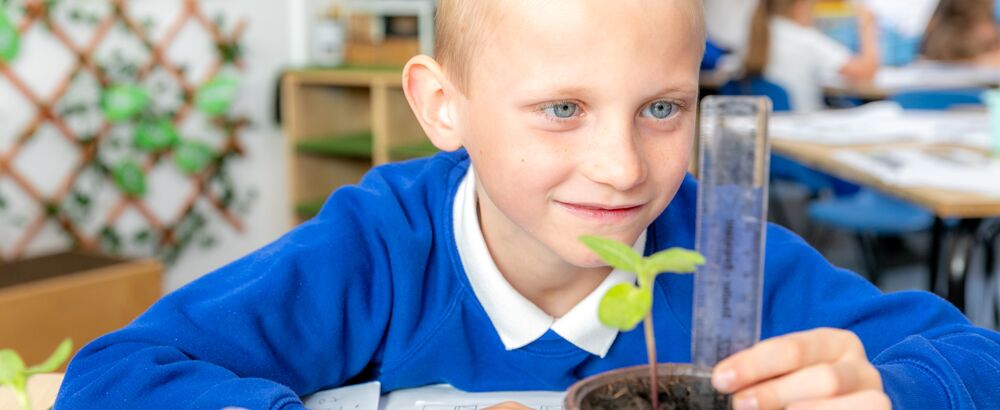Science
At De Havilland, we recognise the importance of science in every aspect of daily life.
We believe and impress on our children that science has changed our lives and is vital to the world’s future prosperity. Therefore we make it our mission to teach all of our children the essential aspects of the knowledge, methods, processes and uses of science.
To maximise the children’s interest and engagement in science, we attempt to make links from our termly projects to the subject wherever possible. However, to ensure adequate coverage of the science curriculum, we also teach science through additional mini-projects which are either termly or half-termly and build on learning from the previous year. In these projects, problem solving opportunities are given to the children to allow them to apply their knowledge and find out answers for themselves. Children are encouraged to ask their own questions and are given opportunities to use their scientific skills and research to discover the answers. ‘Working scientifically’ skills are embedded into lessons to ensure that skills are systematically developed throughout the children’s time at De Havilland and new vocabulary and challenging concepts are introduced. Opportunities for scientific enquiry, including observing over time, pattern seeking, identifying, classifying and grouping, comparative and fair testing (controlled investigations) and researching using secondary sources are embedded in our mini-projects across the key stages.
As a core subject, we champion the need for a strong science education. As a result, at De Havilland each class has a science morning once a week, emphasising the importance of this core subject to our children. Throughout lessons, teachers create a positive attitude to science learning within their classrooms and reinforce an expectation that all pupils are capable of achieving high standards in science.


